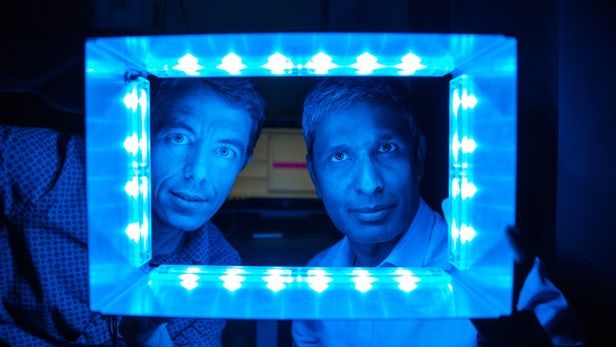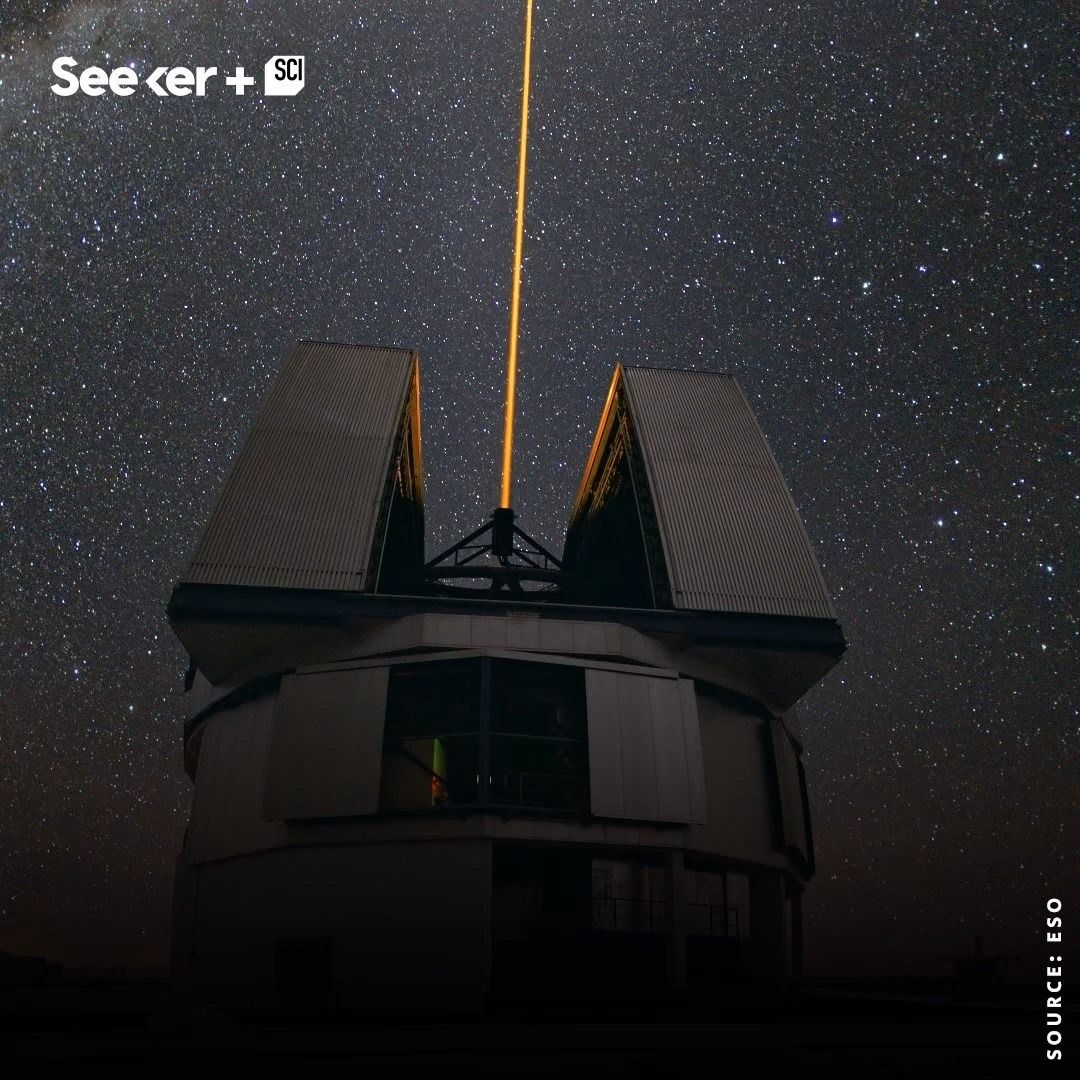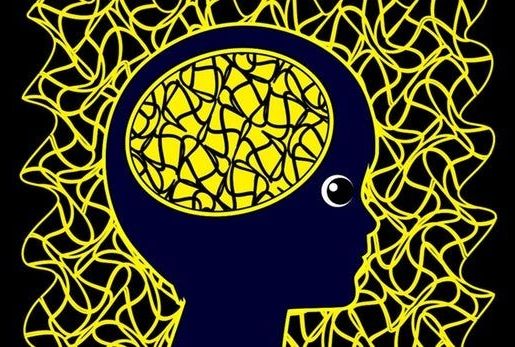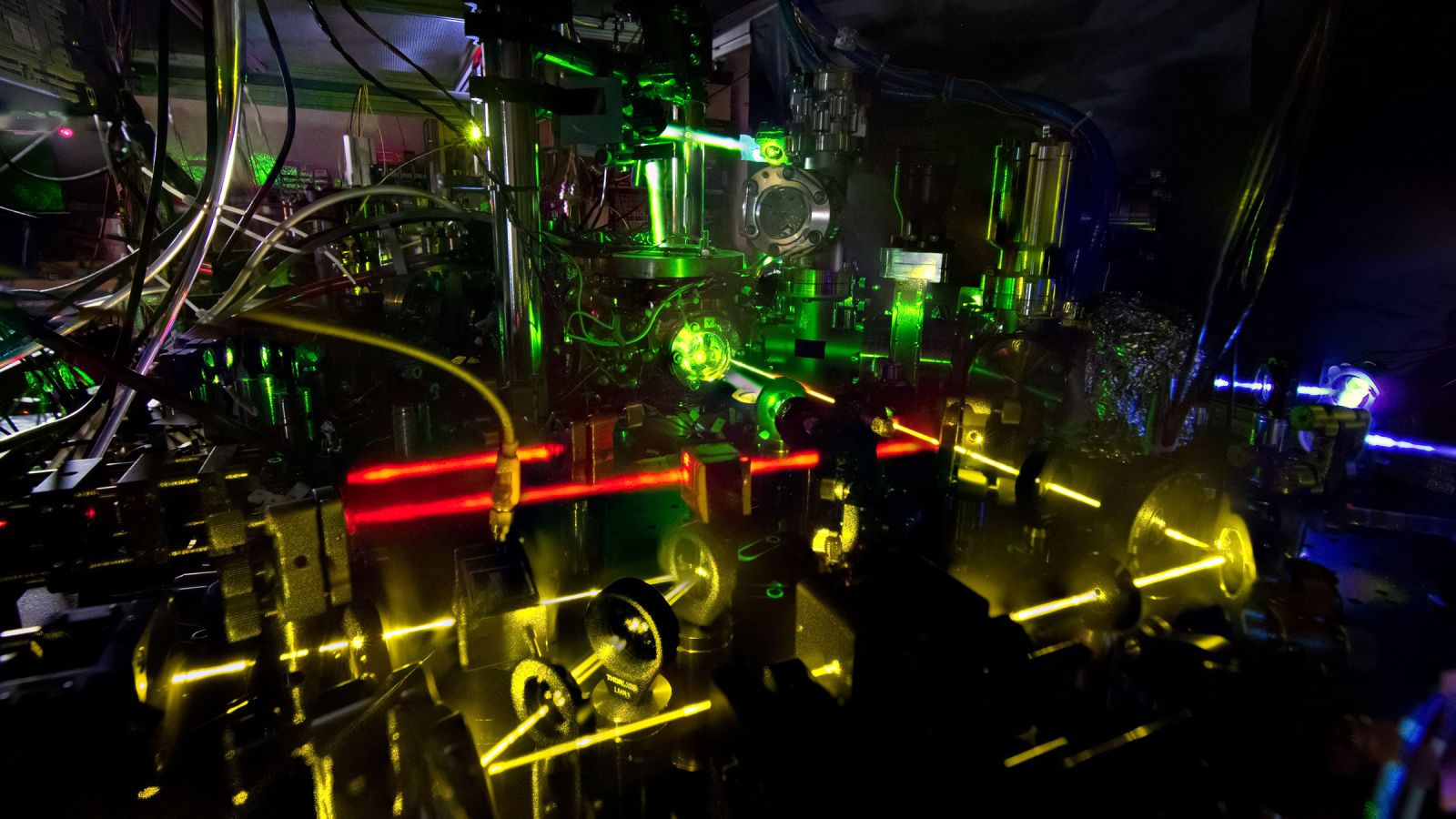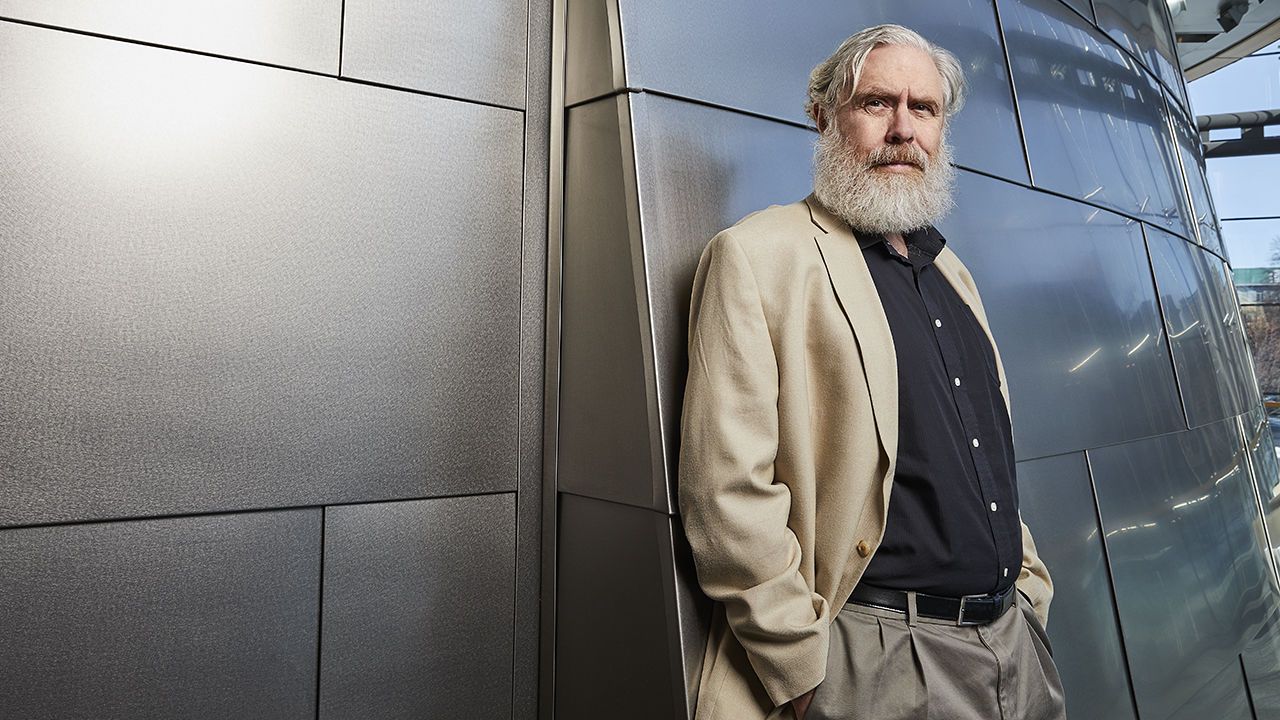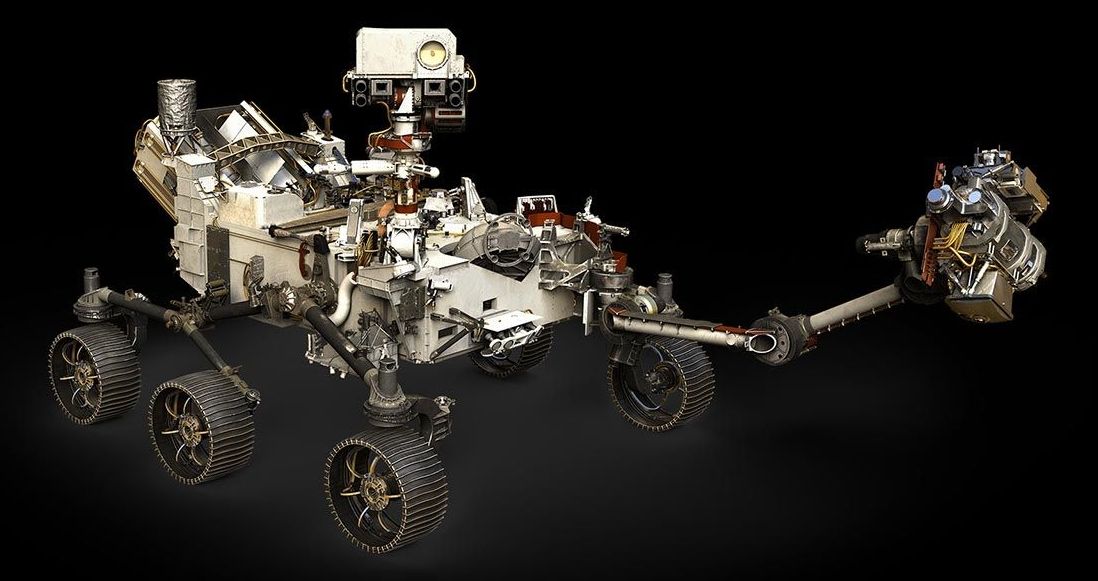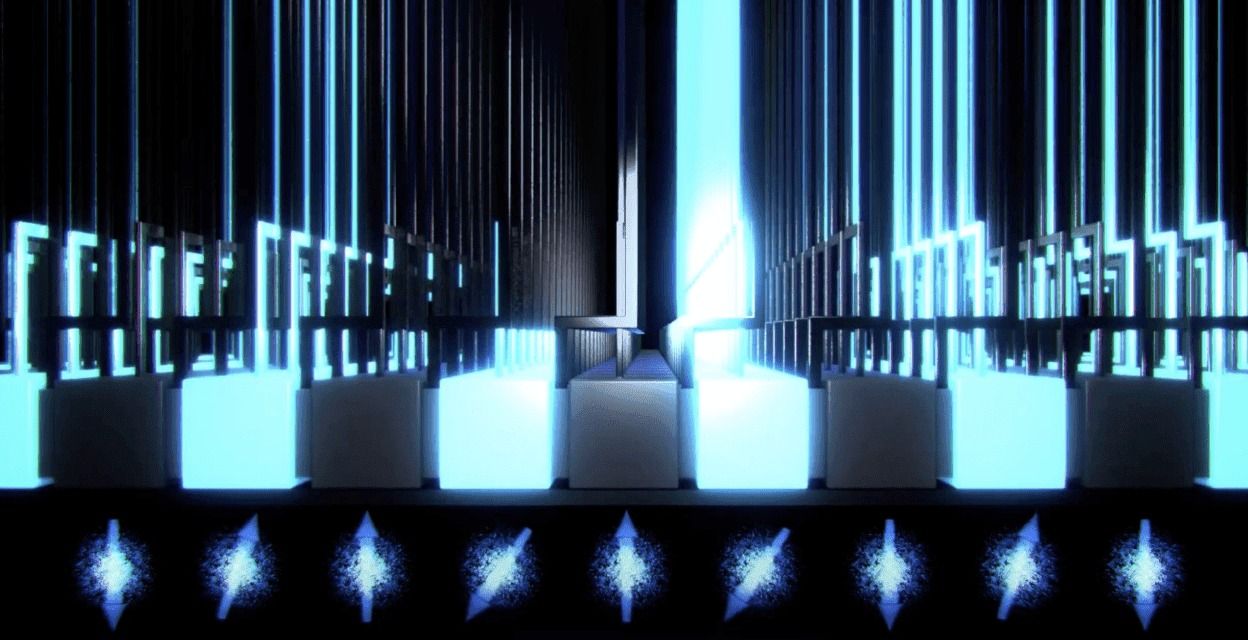A remarkable study from researchers at the Salk Institute has uncovered a profound new insight into how our circadian rhythms are regulated through light-sensing mechanisms within our eyes. The research could lead to new ways to combat insomnia and help reset the internal clocks of people with disrupted circadian rhythms.
